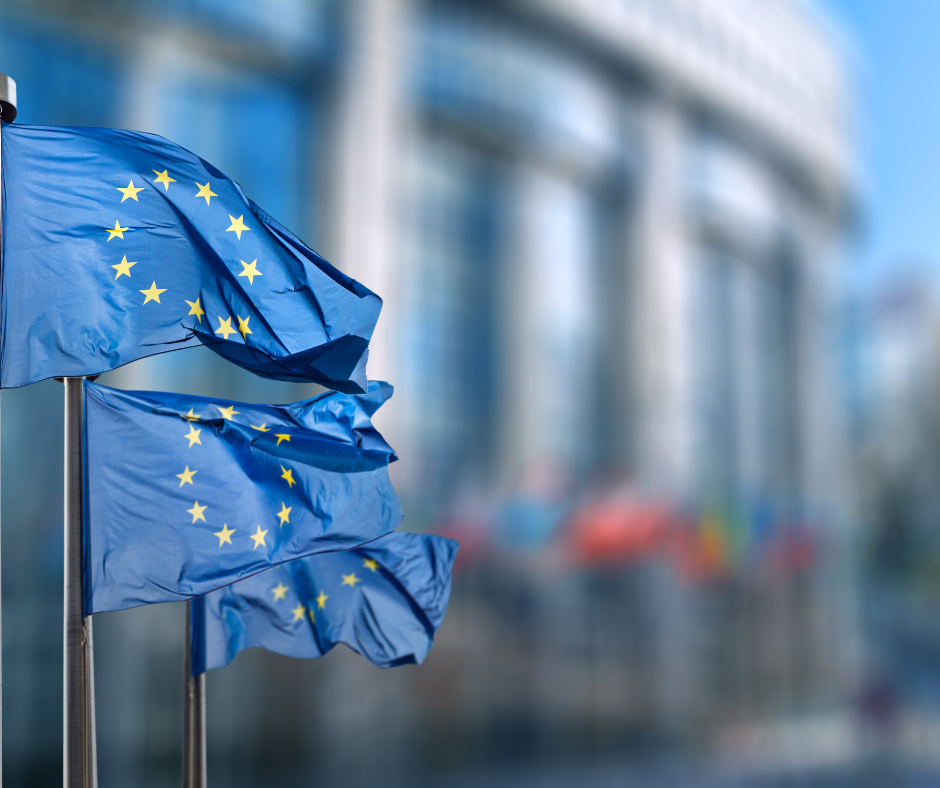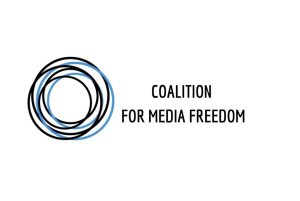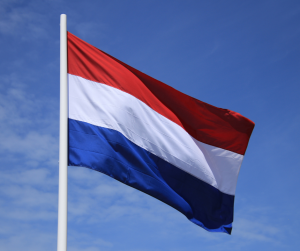The Council of the European Union adopted today a common position (general approach) on the so-called Anti-SLAPP directive. This legislation, proposed by the European Commission in 2022, is meant to tackle the growing problem of strategic lawsuits targeting journalists, activists, and other public watchdogs across Europe. However, the European Federation of Journalists (EFJ) considers that the text, which has been considerably watered down, falls far short of the legislation’s original objective: to protect journalists and the right to information in the European Union.
Strategic Lawsuits Against Public Participation (SLAPPs) are a form of legal harassment used to intimidate and silence those speaking out in the public interest. A report published in 2022 by the Coalition Against SLAPPs in Europe (CASE), of which EFJ is a member, shows a cumulative upward trend in SLAPPs since 2015. In response to the Commission’s legislative proposal to protect targets of SLAPPs and prevent the spread of the phenomenon in the EU, the European Parliament and the EU Council are finalising their position.
Well below what the European Commission has proposed so far, the Council fails to promise an effective and adequate framework to end the rise of SLAPPs:
- it intends to limit the scope of the directive to pure “cross-border” cases, ie. cases where prosecution takes place in another EU Member State;
- it excludes from the directive’s scope civil claims brought in criminal proceedings;
- it significantly weakens the early dismissal mechanism by proposing a restrictive definition of “manifestly unfounded cases” and by ruling out the possibility to appeal decisions refusing early dismissal;
- it deletes the provision on damage compensation in favour of SLAPP targets.
Commenting on the Council’s text, the EFJ considers that such a position does not show a strong political will to act in favour of freedom of expression: “It is far too restrictive to have a meaningful impact. Let’s be clear: very few cases fall within the scope of what the council is proposing. Once again, Member States’ public commitments are not being translated into concrete action when it comes to providing a favourable environment for journalists and media outlets,” said EFJ General Secretary Ricardo Gutiérrez.
During the Justice and Home Affairs Council’s meeting, ministers of Austria, Hungary, Slovenia, Germany, Poland, Italy, Croatia, Lithuania, Netherlands, Luxembourg, Slovakia, Estonia, Bulgaria and Greece largely supported the Council’s position. They highlighted the “balanced” approach ensuring the right of access to justice, as well as allowing necessary “flexibility” at the national level and giving “more discretion to national courts”. Both Malta and Ireland stressed, however, that the text could have been more ambitious.
EU Commissioner for Justice, Didier Reynders, would also have liked to see stronger provisions. He said: “I would like to express my regret concerning the weakening of the remedies against abusive court proceedings, in particular the deletion of the provision on compensation of damage and the weakening of the provision on award of costs.”
The European Parliament is due to adopt its opinion on 27 June before the three institutions begin trialogue negotiations.




